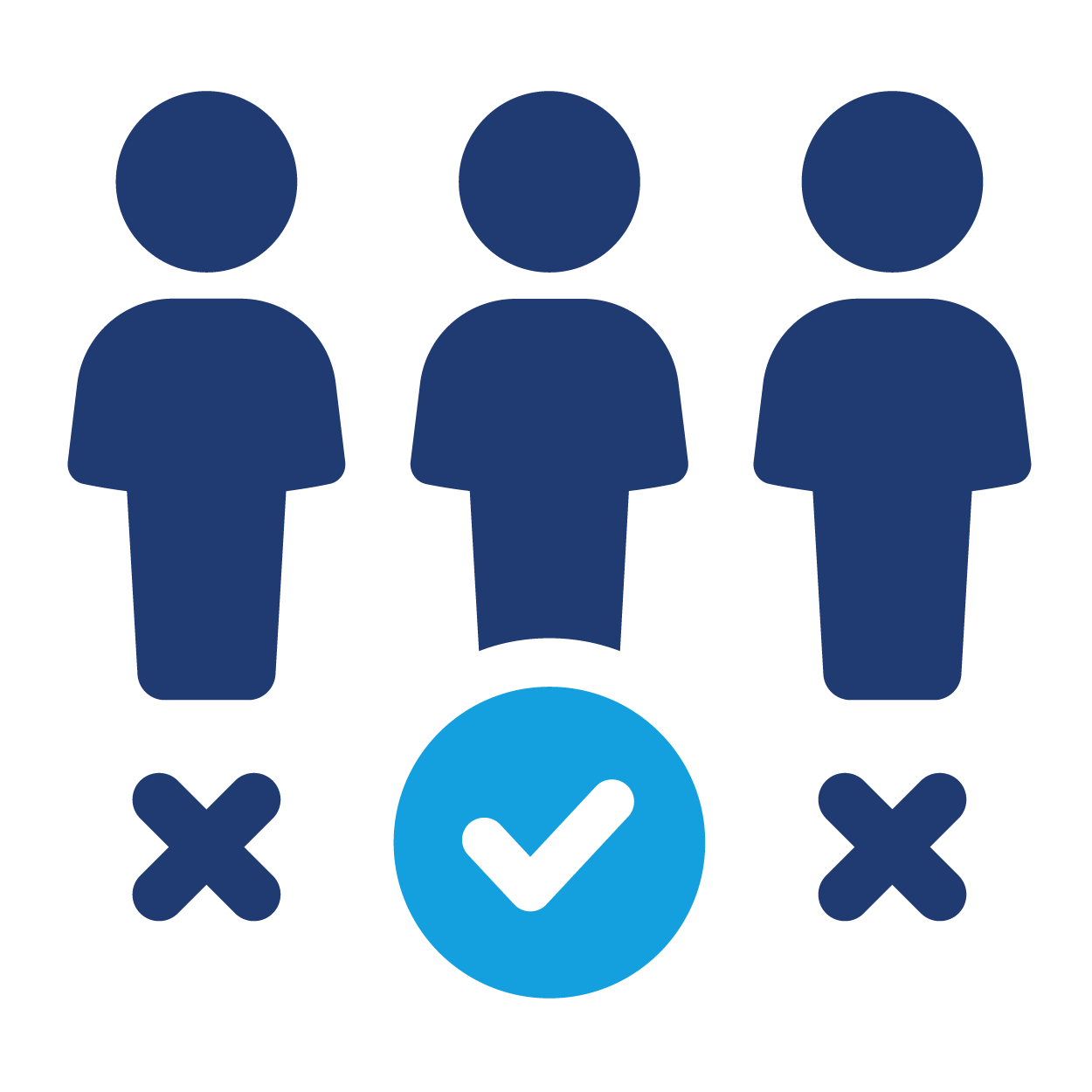Driving History
DMV Record Checks
Welcome to our comprehensive guide on Department of Motor Vehicle (DMV) Record Checks, also known as Motor Vehicle Records (MVR). If you’re considering employment that involves driving in transportation, understanding and undergoing a DMV Record Check is essential. Below, we delve into the intricacies of DMV Record Checks, what they entail, and why they are crucial for certain professions.
What are DMV Record Checks?
DMV Record Checks involve running the license number of an individual to verify their driving history. This process is commonly conducted for employment purposes, especially for jobs that require driving, such as delivery drivers, commercial vehicle operators, chauffeurs, and more. Employers use DMV Record Checks to assess an applicant’s driving history and ensure they meet the necessary criteria for the position.

License Verifications
During a DMV Record Check, various aspects of the driver’s license are verified, including:
Expiration Dates
Ensuring that the license is valid and not expired.
Class of Driver License
Identifying the type of license held by the individual (e.g., commercial, non-commercial).
Endorsements
Checking for any additional endorsements on the license, such as hazardous materials or passenger endorsements.
Restrictions on License
Identifying any restrictions placed on the license, such as requirements for corrective lenses or restrictions on nighttime driving.
License Status
Determining the current status of the license, whether it is valid, suspended, revoked, or has any other status.
Information Included in DMV Records
DMV Records provide comprehensive information about an individual’s driving history.
Some of the information included in DMV Records may comprise:
Speeding Tickets
Details about speeding violations, including the date, location, and severity.
Driving Infractions
Information about various driving infractions, such as reckless driving or failure to obey traffic signals.
Moving Violations
Records of violations related to moving vehicles, such as improper lane changes or failure to yield.
Criminal Convictions
Any criminal convictions related to driving offenses, such as driving under the influence (DUI) or vehicular manslaughter.
Why DMV Record Checks are Important
DMV Record Checks serve several important purposes, including:
Safety
Employers utilize DMV Record Checks to ensure the safety of their employees and the general public. By reviewing an applicant's driving history, employers can assess their risk level and make informed decisions regarding their suitability for positions involving driving responsibilities.
Legal Compliance
Certain industries, such as transportation and logistics, are subject to regulations that mandate thorough background checks, including DMV Record Checks, for all employees involved in driving. Compliance with these regulations is essential to avoid legal repercussions and maintain operational integrity.
Risk Mitigation
Employers can mitigate risks associated with negligent hiring by conducting DMV Record Checks. Identifying candidates with poor driving records or a history of traffic violations can help prevent accidents, property damage, and potential lawsuits.
DMV Record Checks are a vital component of the hiring process for positions involving driving responsibilities. By verifying driving history and identifying any potential risks, employers can ensure the safety of their employees & the public while maintaining legal compliance and minimizing organizational liabilities. If you have any further questions or require assistance with DMV Record Checks, please don’t hesitate to contact us.





